Enquire Now
- CALL A PLUMBER
- (925) 478-8073
Enquire Now
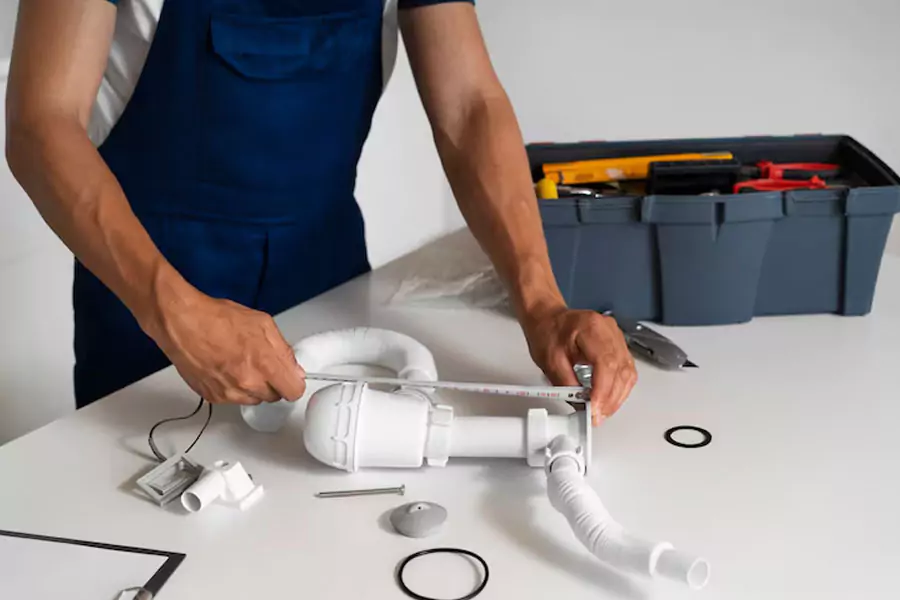 June 13, 2025
June 13, 2025
For many people, becoming a first-time homeowner is an exciting milestone. However, new responsibilities come with it, especially when it comes to the maintenance of your home’s plumbing system. It is often seen that people take their pipes, faucets, and drains for granted.
However, understanding how plumbing works can help prevent massive loss of money and time in the future. Whether you are dealing with a leak, preparing for winter, or just learning the ropes, this guide is meant to help you with plumbing 101.
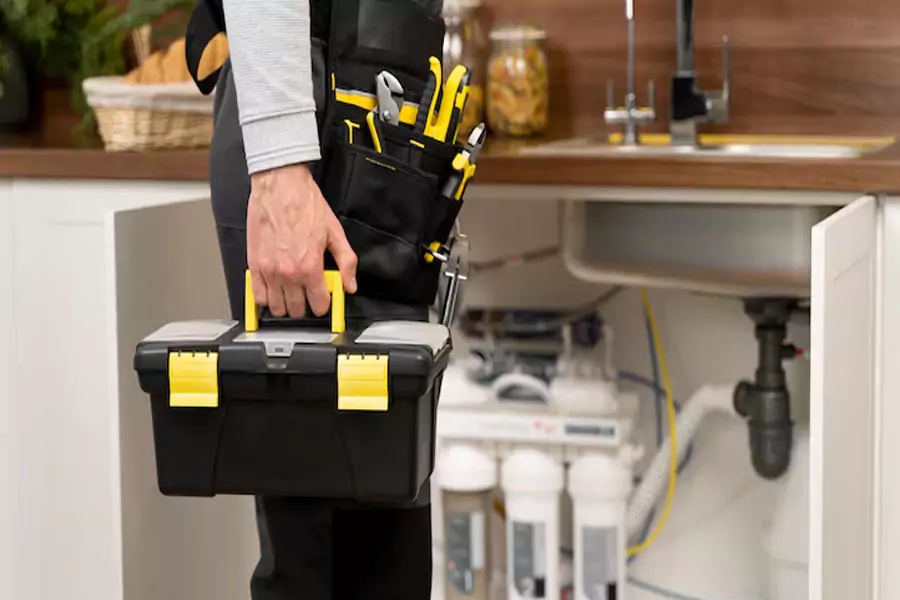
When you become a new homeowner, all things falling between the roof and the drainage system become your responsibility. It includes plumbing as well – managing how water enters your home, how it is distributed, and how it exits through drains.
An awareness of plumbing basics can help identify potential issues early, perform regular maintenance, and know the right time to call a professional. Here’s everything you should know to handle plumber 101 effortlessly like a pro.
Each home’s plumbing system comprises two distinct subsystems:
This subsystem is responsible for bringing water into your home. Usually, it is connected to a municipal water source and supplies water to your sinks, showers, toilets, washing machines, and water heater.
Used water exits the home through the drainage system, which consists of traps, vents, and pipes to transport wastewater to the sewer or septic tank.
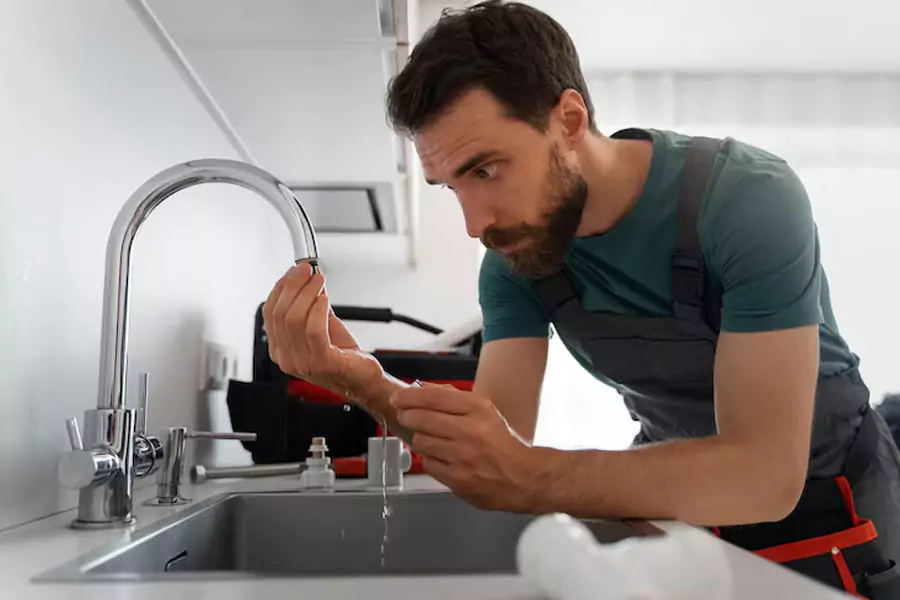
Although each and every homeowner may have plumbing issues from time to time, a good understanding of plumber 101 can make the experience much easier. Being able to recognize these problems early can save you from bigger headaches later.
Blocked sinks, showers, and toilets are some of the most common plumbing issues. The blockage, most of the time, is caused by the buildup of soap, hair, and grease.
That slow drip appears to be harmless in the beginning. If not addressed, it wastes a significant amount of water over time.
Your water bill can rise because of a running toilet.
A burst pipe has the capability of causing catastrophic water damage in minutes.
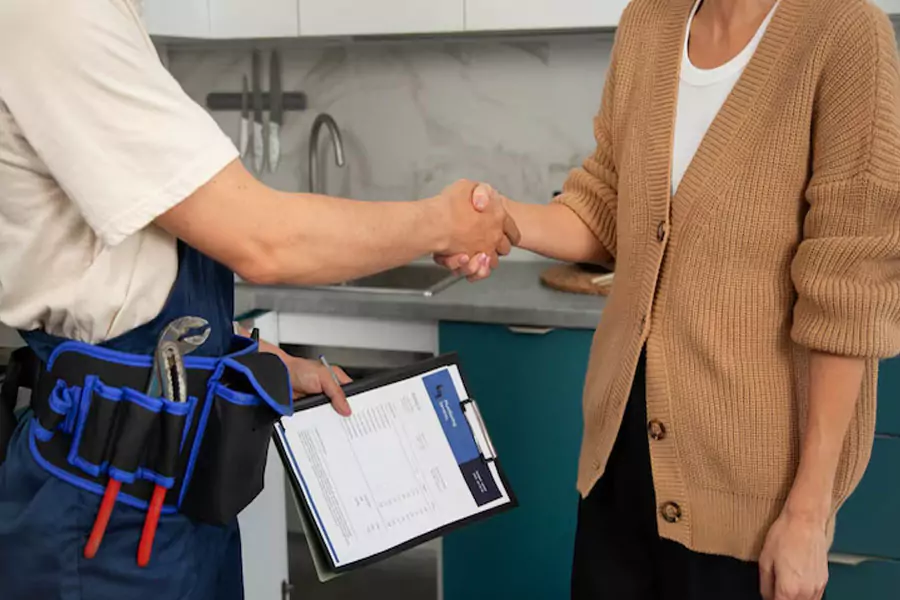
Below are some regular maintenance tips to keep plumbing systems in the house functional:
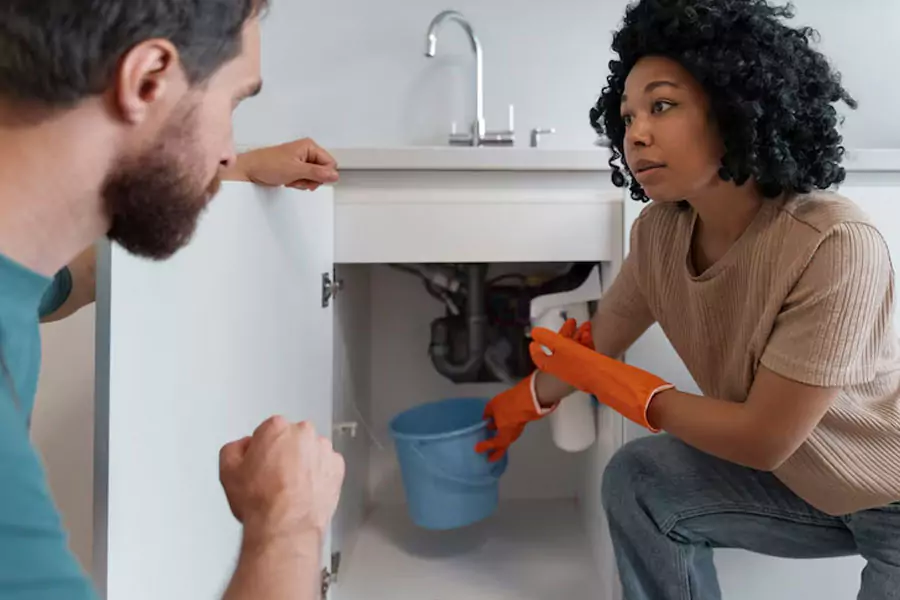
No matter how much precautionary effort you put in, emergencies happen. Whether it is a burst pipe, a flooded basement, or a sewer backup, these quick actions can prevent huge troubles:
While plumbing 101 720 offers a fair chance to deal with many smaller problems, many issues require professional help:
Contacting and hiring a professional plumber ensures that the plumbing job will be done correctly and meet requirements.
As a homeowner, adopting certain habits can go a long way in helping minimize the chances of plumbing issues:
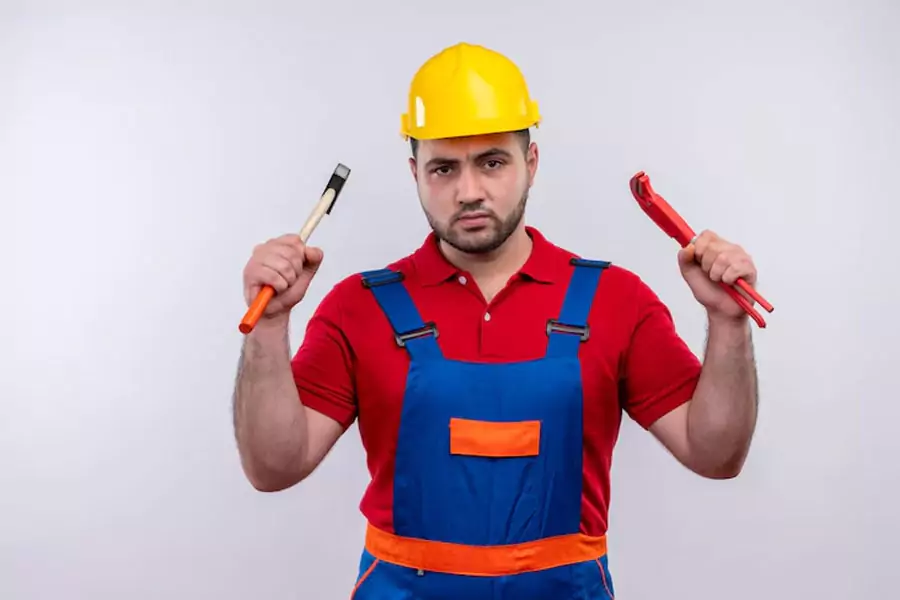
You don’t need to be an engineer to understand your home’s plumbing system. With some investment of time and basic knowledge of plumber 101, you can resolve routine issues, communicate better with your contractors, and mitigate the risk of major disasters.
Understanding plumbing basics is advantageous, be it recognizing where water enters your home, knowing how to deal with a burst pipe issue, or something else. As a first-time homeowner, being proactive is the optimal strategy, so caring for your home’s plumbing system makes the most sense.
In case of complex issues or if you are stuck somewhere, call Magnificent Plumbing. We are always ready to help you keep your plumbing system healthy and functioning efficiently 365 days a year.